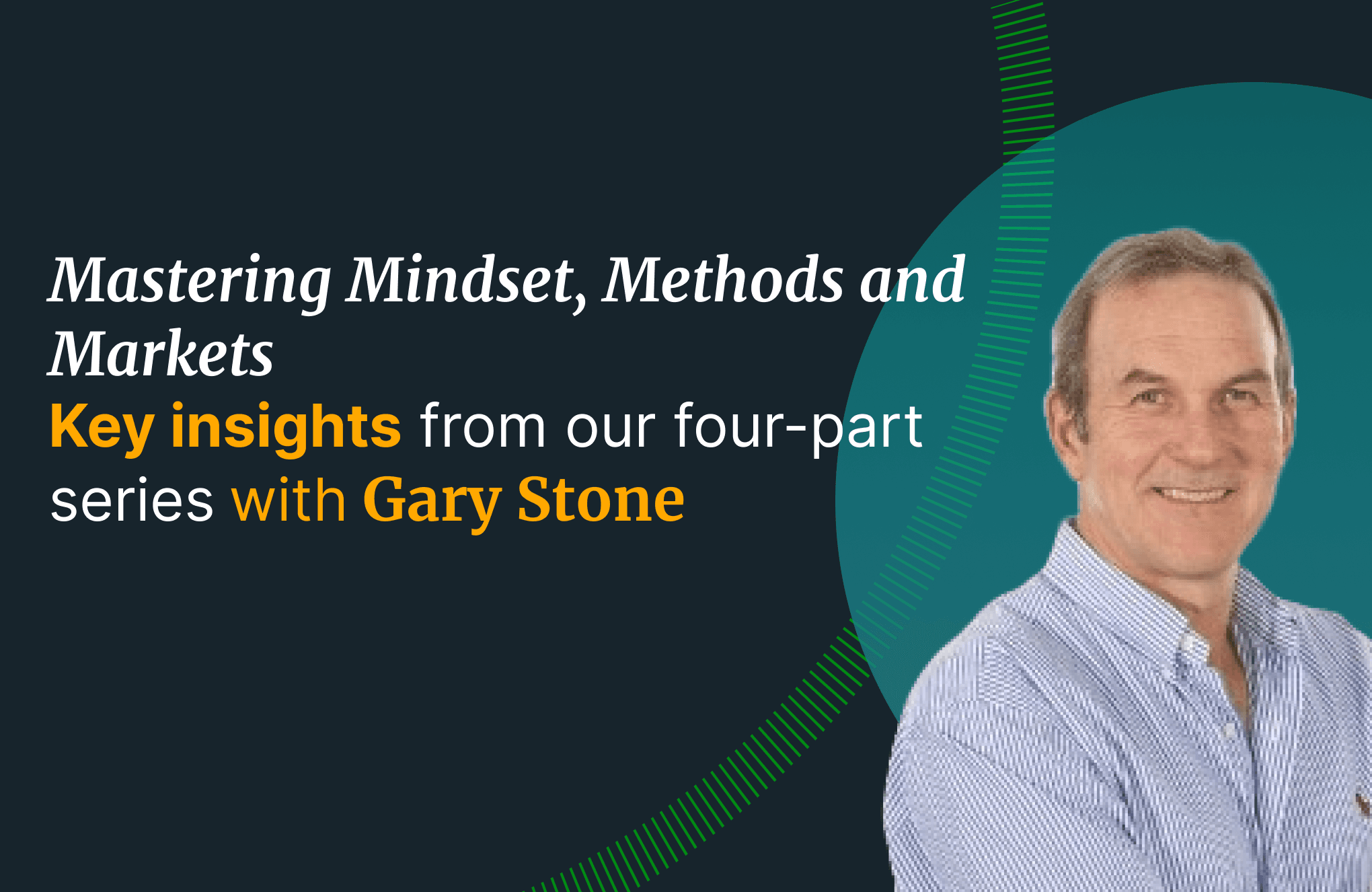Strategies to Build Investing Confidence and Take Healthy Risks
Selfwealth
Something that I think about a lot as an investor, is my personal risk tolerance and which risks I’m prepared to take. The more you understand the risks within your control and how to manage them, the less stressed you’ll feel about investing. A lower-risk investment option may give you more peace of mind, for example. You need to invest in a way that lets you sleep at night.
So how do you take the right risks without being reckless, in your investing journey? This isn’t an easy one to answer. Sometimes the choices you make will have lasting repercussions, and at other times it’ll be easy to change your mind tomorrow. If taking risks plays a role in our happiness and our journey to feeling financially independent (which I cover more in my book, Buying Happiness), how do we overcome the fear of making the wrong decision?
Here are a few strategies to try.
1. Find some control over the situation
What actions can you take to feel more in control of the situation? As a new investor, you’re learning so many new things that it can be easy to feel overwhelmed.
Focus on all the actions that are within your control, such as learning more about ETFs, putting some money aside to invest each month and investing small amounts on a regular basis. Remember, each action you take builds your confidence as an investor.
2. What are the facts?
Many of our fears are based on feelings and not facts. What is the worst-case scenario if you start investing? And what’s the actual likelihood of that fear being realised?
Do the research and find out.
You can look at the historical performance of different investments – the S&P/ASX 200, for example – to see how the Australian share market has performed over the past few decades. Another helpful tool is the Vanguard Index Chart, which gives you a visual breakdown of how long-term investing works. Arming your brain with the facts and figures can often give you the confidence you need to take the first step.
3. Exposure therapy
It’s time to get up close and personal with your fears. Can you find small ways to start investing and slowly increase the dosage, so to speak? This could provide you with a safe way to get comfortable with your fears around investing and encourage you to keep going.
For some people, this might look like investing $5 through a micro-investing app, while for others it could look like investing with imaginary dollars using the ASX Sharemarket Game for a period. It could be good to find a close friend or family member to support you with this. Sometimes the act of taking the first step makes every step that follows easier.
4. Speak to an expert
Occasionally these things need a little bit of help to face, so this is where an expert counsellor or financial adviser could come in handy. If fear is holding you back from something you want to do (such as investing), speaking to an expert could really help. This could include a financial adviser or a psychologist.
Some of the best parts of life happen just outside our comfort zone, so my challenge to you is to identify one thing you feel a little scared about when it comes to your money. Write down some steps you can take to face it and take action.
5. The biggest risk of all: Not doing anything
Sometimes what we need to overcome our fears around investing is the reminder that not getting started might be the biggest risk of all.
Sure, if you don’t invest, you might never directly experience the risk of loss and making a mistake, but you also might look back and wish you’d prioritised your financial future.
Remember, the more time you give your investments to grow, the more you’ll benefit from compound interest. Just think about how many more options you’ll have in decades to come if you’ve built up a comfortable nest egg!
Important disclaimer: SelfWealth Pty Ltd ABN 52 154 324 428 (“Selfwealth”) (AFSL 421789). The information contained on this website is general in nature and does not take into account your personal situation. You should consider whether the information is appropriate to your needs, and where appropriate, seek professional advice from a financial adviser and/or accountant. Taxation, legal and other matters referred to on this website are of a general nature only and should not be relied upon in place of appropriate professional advice. You should obtain the relevant Product Disclosure Statement for any product mentioned and consider its contents before making any decision.





